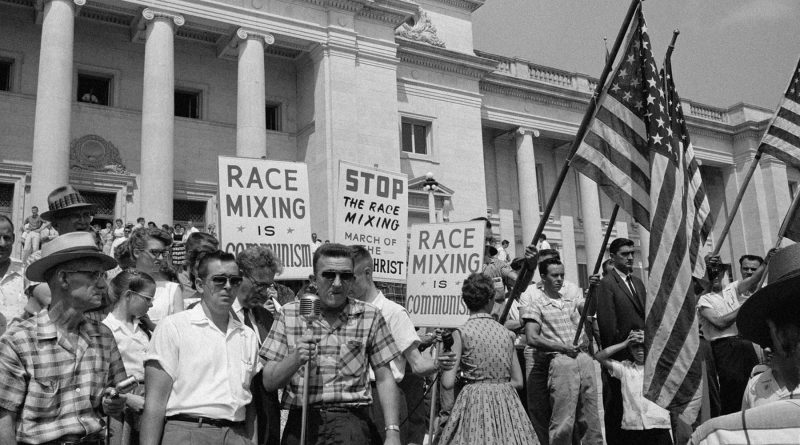Hampton Roads, Virginia: A Legacy of Injustice and Discrimination
Hampton Roads, Virginia, often celebrated for its historical landmarks and maritime significance, is also a region deeply tainted by a history of prejudice, discrimination, and violence. Its legacy is not just one of colonial “achievements” and Civil War battles but also of profound social injustices that have left indelible scars on its communities. This essay delves into the more sinister aspects of Hampton Roads’ past, highlighting the Indian massacres, the racist policies of post-Civil War Virginia, and the troubling origins of Poquoson’s independent city status.
The Indian Massacres: A Brutal Chapter
The indigenous tribes of Hampton Roads, notably the Powhatan Confederacy, were the original inhabitants of the region, living in harmony with the land for centuries. However, with the arrival of European settlers, this harmony was shattered. The settlers, driven by avarice and a sense of superiority, initiated a series of violent confrontations with the Native Americans. The Indian Massacre of 1622 stands out as a particularly dark episode, where settlers orchestrated a brutal slaughter of the indigenous population, decimating entire communities in their quest for land and dominance.
Post-Civil War Virginia: A Hotbed of Racial Discrimination
The end of the Civil War might have marked the abolition of slavery, but it did not usher in an era of racial equality in Virginia. The state’s post-Civil War government implemented a series of racist policies designed to suppress the newly freed African-American population. The Black Codes, for instance, were laws that severely restricted the rights and freedoms of Black Virginians, ensuring their continued subjugation. Voting restrictions, segregation laws, and economic barriers were all systematically put in place to maintain white supremacy and keep the Black community in a perpetual state of oppression.
Poquoson: A Troubling Origin Story
The history of Poquoson as an independent city is emblematic of the deep-seated racial prejudices that have plagued Hampton Roads. Poquoson’s decision to become an independent city in the 1970s was not driven by administrative or economic reasons but by a vehement resistance to school integration. The city’s leaders and residents were unwilling to integrate their schools with neighboring York County, a move that was a blatant attempt to maintain racial segregation and deny African-American students equal educational opportunities.
Conclusion
Hampton Roads, with its picturesque landscapes and historical sites, hides a tumultuous past riddled with discrimination, violence, and prejudice. From the brutal massacres of its indigenous inhabitants to the racist policies of post-Civil War Virginia and the discriminatory origins of Poquoson, the region’s history is a testament to the challenges of confronting and rectifying deep-rooted injustices. It serves as a stark reminder that history is not always about glorious battles and heroic deeds; often, it is about the painful struggles of marginalized communities seeking justice and equality.

